Keywords: Freedom Of Religion
There are more than 200 results, only the first 200 are displayed here.
-

FAITH DOING JUSTICE
- Andrew Hamilton
- 19 February 2020
5 Comments
Catholic reflection on social justice has been supercharged by Pope Francis, who in his encyclical Laudato Si declared the Cry of the Poor and the Cry of the Earth to be central to faith. He also insisted that neither could be addressed simply by technological fixes but required personal conversion to see the world as gift to be respected, a home, and not as a prison or a mine.
READ MORE 
-
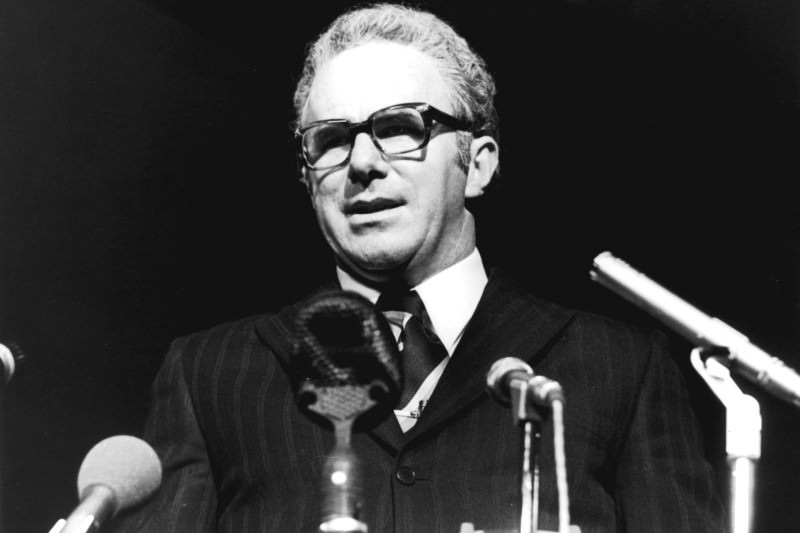
ARTS AND CULTURE
- Philip Harvey
- 29 November 2019
12 Comments
Obituarists sharpened their quills in 2014 when word had it the death of Clive James was imminent. Since then we have witnessed a late flowering of poetry, reviews and articles tinged with mortality that revealed to the last his Twainian flair for journalistic self-promotion, albeit in the internet age. Now the quills are out in earnest.
READ MORE 
-
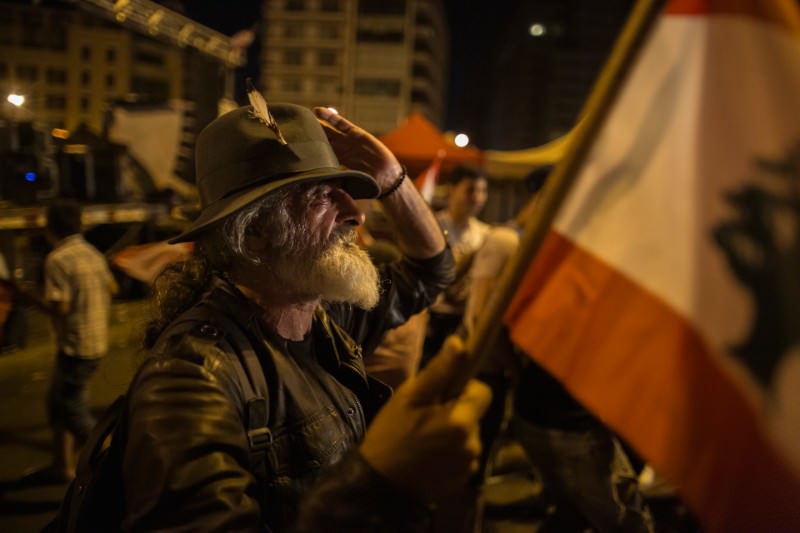
INTERNATIONAL
- Daniel Sleiman
- 07 November 2019
3 Comments
Like many Lebanese Australians I've been watching the mass protests in Lebanon with hope and trepidation. Hope that government reforms, or a change of government, will bring about meaningful transformation in economic management, transparency and public services. Fearful because of the possibility of civil war.
READ MORE 
-
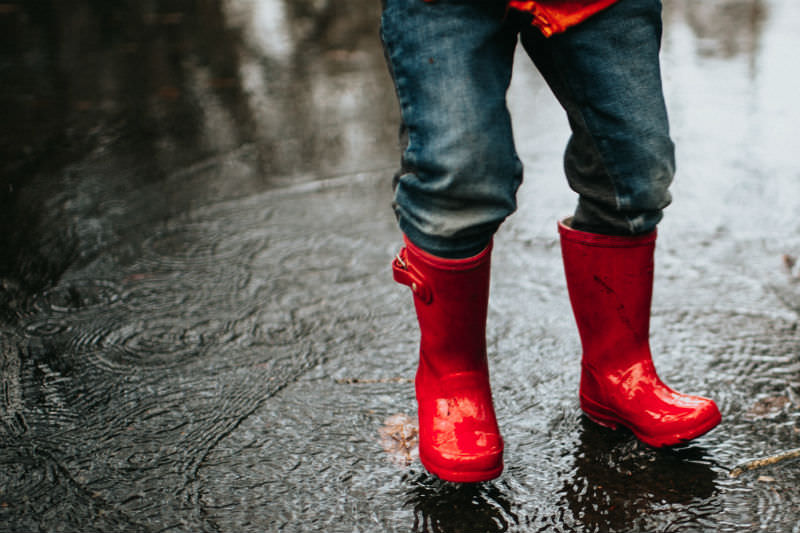
RELIGION
- John Warhurst
- 14 October 2019
8 Comments
The royal commission concluded that child safety, in all its organisational ramifications, raised questions of culture and governance for the church. If the Plenary Council 2020 doesn't take such issues seriously then it will be one indicator that the momentum around last year's official national apology has slowed.
READ MORE 
-
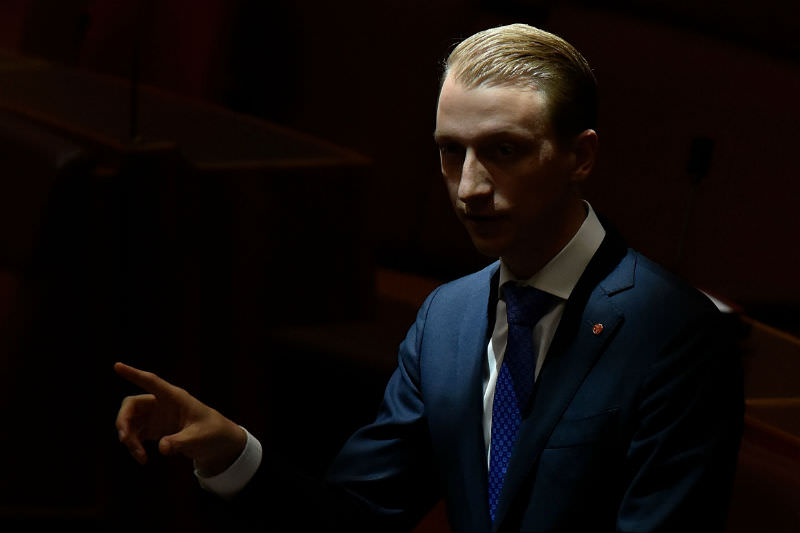
INTERNATIONAL
- Jeff Sparrow
- 17 July 2019
9 Comments
The conservative base wants religious protection for Christians, but has a long history of vilifying Muslims, who, presumably, could also claim protection from any new law. One struggles to imagine a law that might enable a footballer's right to send homophobic tweets, while enabling courts, parliaments and schools to ban burqas.
READ MORE 
-
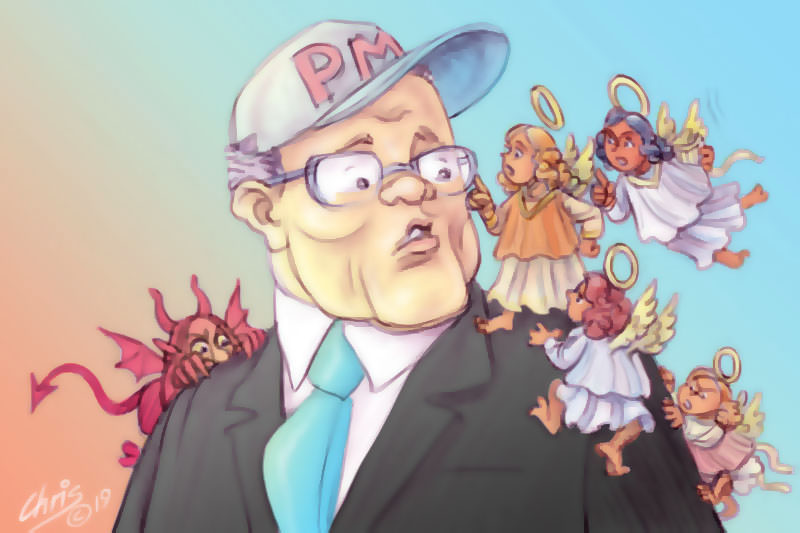
RELIGION
- John Warhurst
- 31 May 2019
14 Comments
The church has something in common with both sides of politics because the Catholic community has a split political personality. Its range of concerns is so broad that they are addressed in various ways by different political parties. It wants to make an impact on government, but it is always highly unlikely that it can have it all.
READ MORE 
-
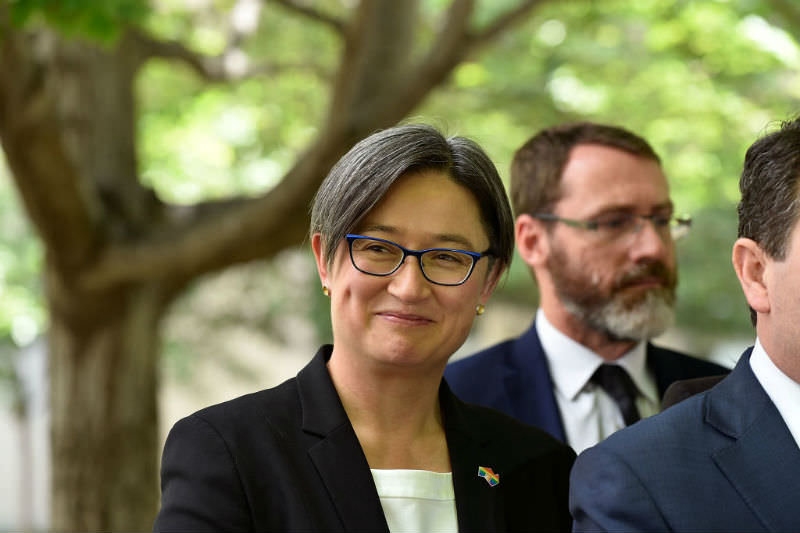
RELIGION
- Frank Brennan
- 15 January 2019
40 Comments
When Parliament resumes, one outstanding item of business will be Penny Wong's bill dealing with religious schools' capacity to discriminate against students on the basis of gender identity or sexual orientation. I support the bill subject to the proviso that religious schools should remain free to teach their doctrine respectfully and reasonably.
READ MORE 
-
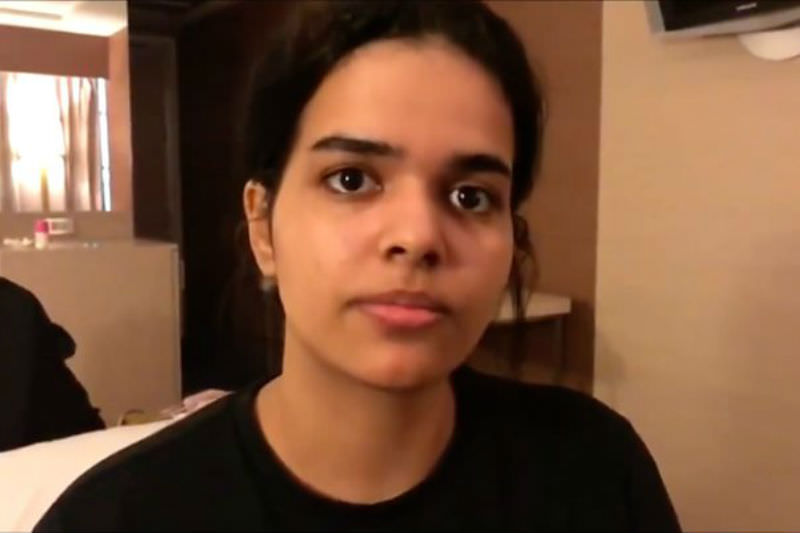
INTERNATIONAL
- Erin Cook
- 11 January 2019
5 Comments
The world sat gripped as Rahaf al-Qunun live-tweeted her mad dash to freedom, then cheered when photos of her being escorted from Bangkok's Suvarnabhumi airport by UN workers emerged. Hakeem al-Araibi has not been so lucky. His current nightmare is emblematic of the bureaucratic mess forced on refugees worldwide.
READ MORE 
-
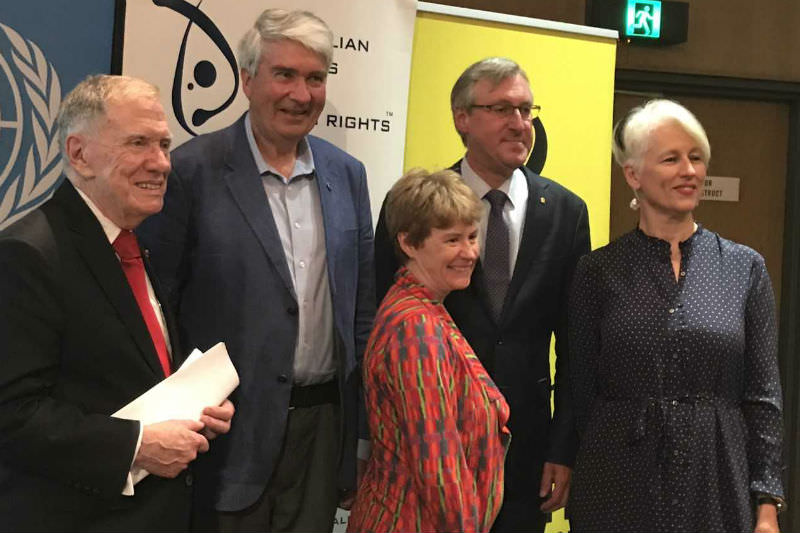
AUSTRALIA
- Frank Brennan
- 17 December 2018
15 Comments
Let's hope all members of parliament can agree to the insertion of such a clause in the legislation providing assurance to religious educators that they can continue to teach their doctrine in good faith while assuring all students and their families that they will not suffer any detriment while sitting at the feet of religious educators.
READ MORE 
-
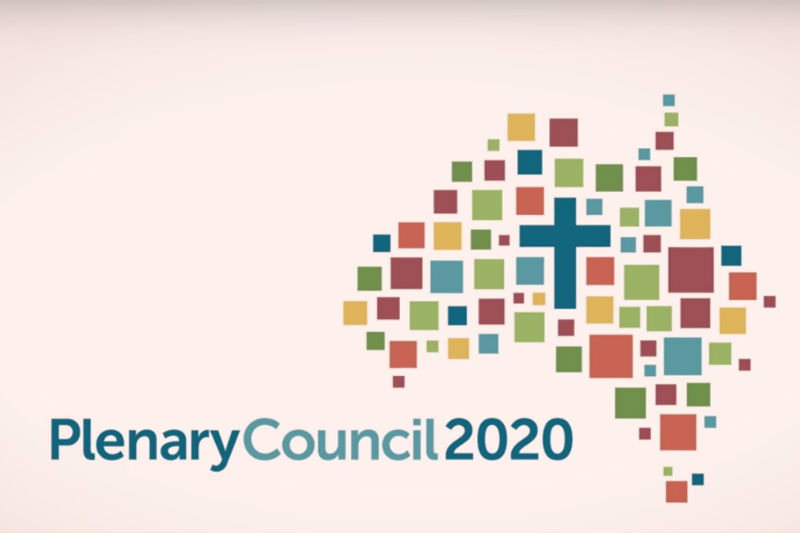
RELIGION
- John Warhurst
- 11 December 2018
53 Comments
Scoring the performance of the Australian church is a complex task at any time. Dioceses and congregations vary enormously. The mission of church agencies continues unabated in education, health, social services and aged care. But by any measure 2018 has been a big year.
READ MORE 
-
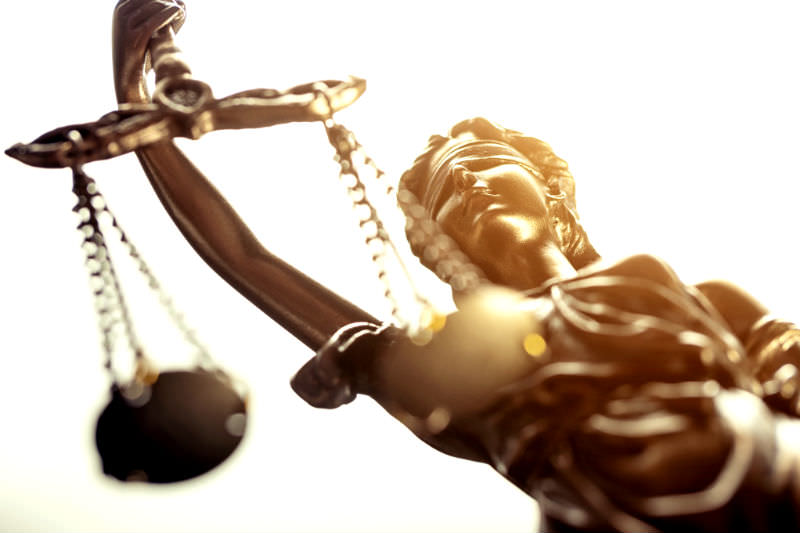
AUSTRALIA
- Frank Brennan
- 10 December 2018
14 Comments
It is appropriate to affirm the worldwide amplification system for the 'still, small voice' of conscience speaking to power, even when that voice of conscience maintains a religious tone, while the power of the state is increasingly secular and the tone of society more stridently secularist.
READ MORE 
-
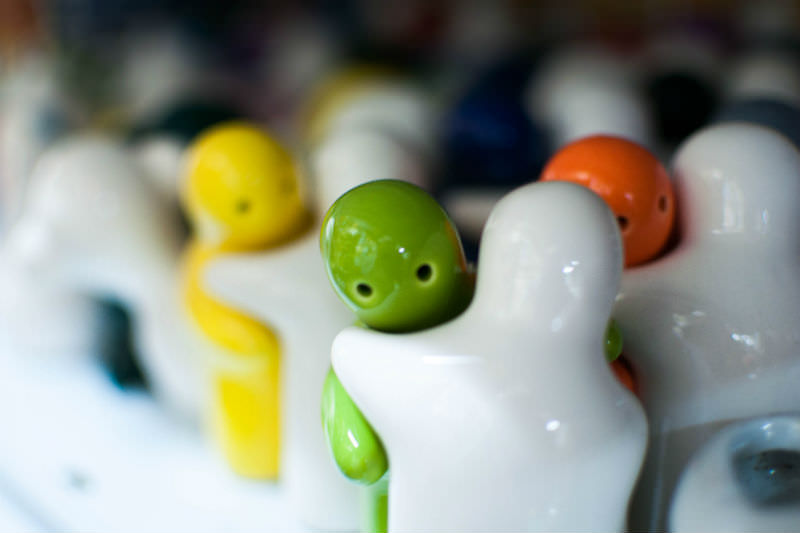
AUSTRALIA
- Joshua Badge
- 18 October 2018
12 Comments
Religious freedoms extend only so far as they do not contradict the fundamental rights and freedoms of others. While all Australians should enjoy religious freedom, they also bear the right to non-discrimination and to the highest attainable standard of health. It is also unclear how positive discrimination is related to practising a religion.
READ MORE 